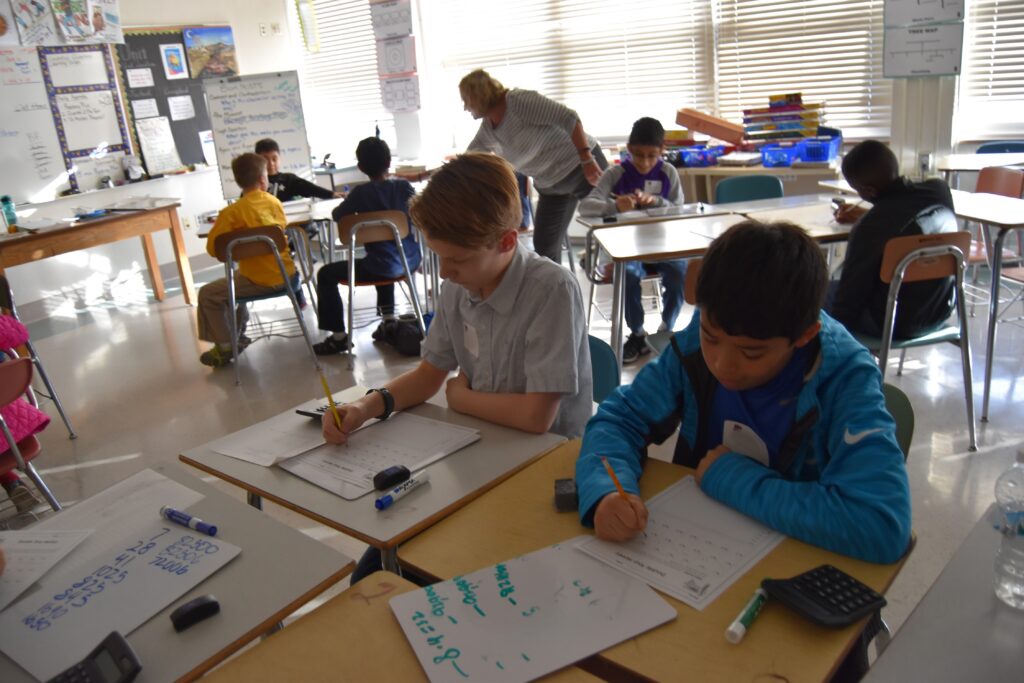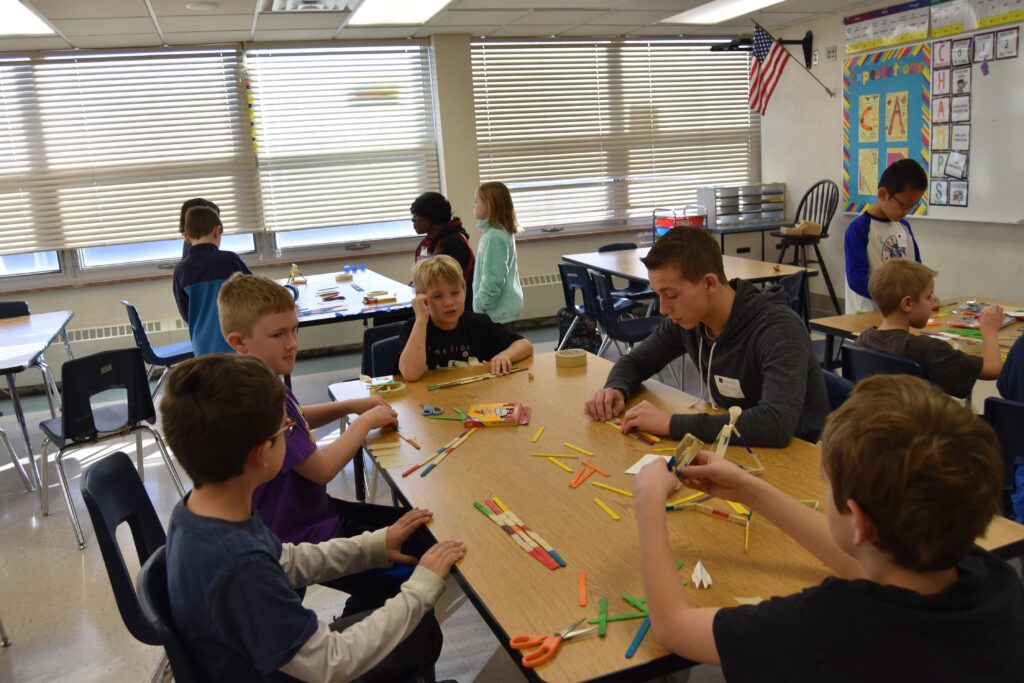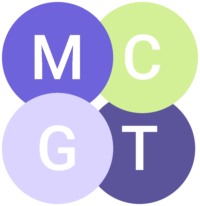Advocating for your Student
Strategies for meeting the gifted & talented learner’s academic needs will be a unique combination of traditional/non-traditional educational experiences and learning opportunities in the community as well as home. An educational plan will depend upon the learner, the family, and the available resources.
The advocacy process consists of building a working partnership with education professionals, communicating effectively, and preparing, documenting, and implementing a learning plan. Advocacy may be done on an individual or group basis; the processes are similar.
In Wrightslaw: From Emotions to Advocacy, 2nd Edition. (Wright and Wright, 2009), Pam and Pete Wright suggest that an advocate’s responsibilities closely mirror the responsibilities of a project manager. Project managers organize and build a project plan, monitor progress, and ensure the project is completed. Project managers are creative and critical thinkers, use effective and nuanced communication, create alliances, build networks, mitigate obstacles, and resolve conflicts.
“Guides to Advocating for Gifted Children at School” have been developed by the Davidson Institute for Talent Development. It is a comprehensive resource to effective and successful advocacy. The advocacy information outlined is applicable to all gifted and talented learners, including 2e. The guides aim to assist parents with the identification of individual goals, awareness of options and resources, knowledge of best practices in gifted and talented education, effective communication techniques, and empower parents in their advocacy efforts.

Build a Working Relationship and Partnership
Documentation: Creating an Effective Paper Trail and Managing Documents
Creating an Effective Paper Trail
A Parent Guide to the Family Educational Rights and Privacy Act (FERPA)
MCGT’s Advocacy Toolkit – a MCGT Member Benefit
MCGT has created an Advocacy Toolkit that includes articles and fillable pdf forms. Member login is required to access (Become a Member).
Our Advocacy Toolkit includes:
Advocacy During School Conferences
Potential Hidden Obstacles to Successful Advocacy
Advocacy as Negotiation and Communication Tips
Building a Body of Evidence and Document Management
Creating a Paper Trail
Gifted Advocacy Summary Sheet fillable pdf
Preparing for Parent-Teacher Conference and Meeting fillable pdf
Learner Profile fillable pdf
Education Services Summary fillable pdf
What is a Student Portfolio and Why is it Useful?
The Learning Contract, Working on Alternative Actives and Permission to Read Ahead
Learning Contract Sample fillable pdf
Permission to Read Ahead Contract fillable pdf
Activities for “I Am Already Done”
Executive Function Worksheet

MN Laws that parents have used for gifted & talented services:
Useful Resources:
ADDitude Article: Behavior Problems at School: A Complete Problem-Solving Guide for Parents
The Ultimate Executive Function Downloadable Guide from ADDitude
A Deep Dive: Effective Advocacy for Gifted and Talented Students from the Davidson Institute
This is a comprehensive but succinct summary of advocacy essentials: assessments, best practices in gifted and talented education, how to formulate a plan, meeting with the school, follow-up to the meeting, and advocacy as an ongoing process.
